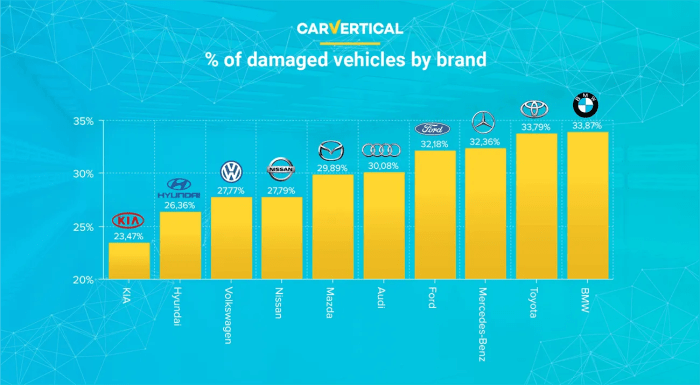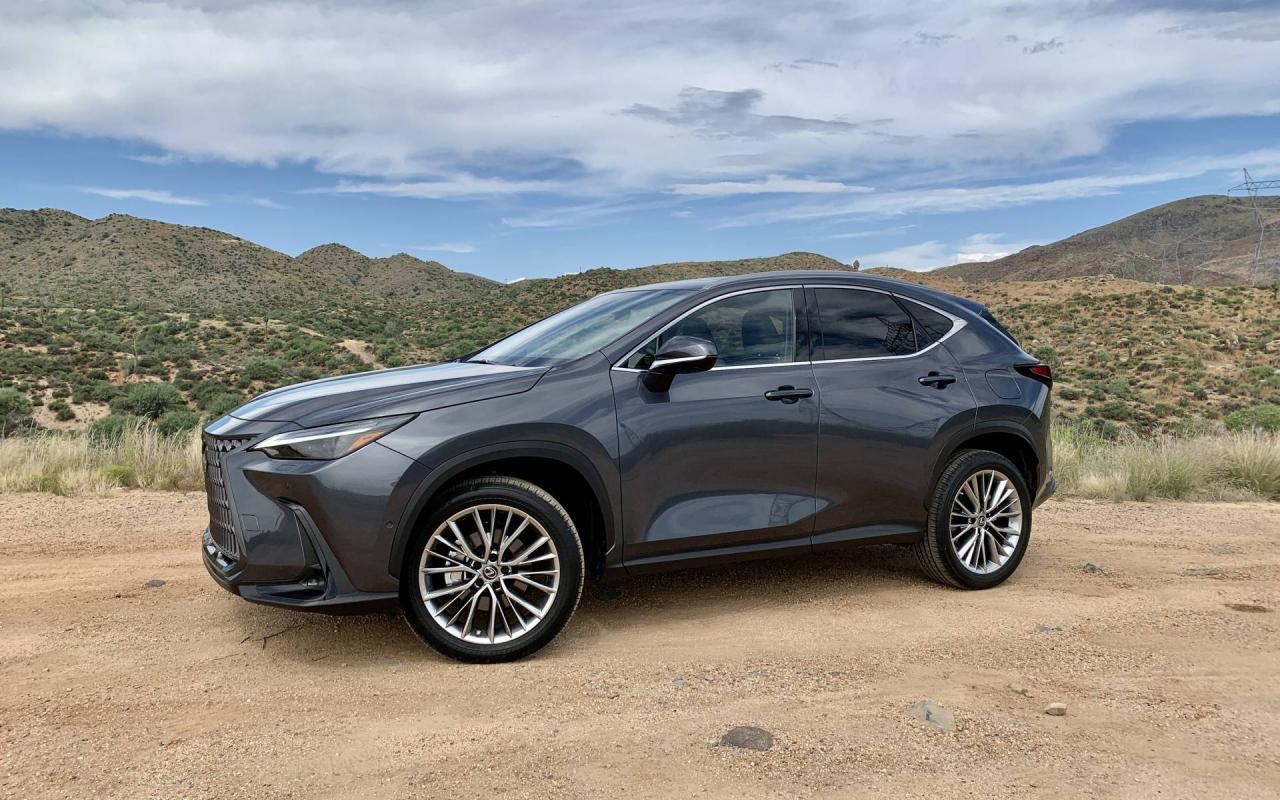Choosing a new car is a significant investment, and reliability is a top priority for most buyers. Predicting the future is always challenging, but by analyzing current trends, reliability ratings, and technological advancements, we can make informed estimations about which automotive brands are likely to offer the most dependable vehicles in 2025. This guide delves into the factors contributing to reliability and highlights the brands expected to excel in terms of longevity, performance, and minimal maintenance needs.
Factors Determining Automotive Reliability
Reliability isn’t simply about a car’s ability to start every morning. It encompasses a broader spectrum of factors:
- Engine Durability: The heart of the vehicle. A robust engine design, using high-quality materials and manufacturing processes, contributes significantly to long-term reliability. Engines with proven track records are a strong indicator.
- Transmission Performance: Whether automatic or manual, a smooth-shifting, durable transmission is crucial. Issues with transmissions can be costly to repair.
- Electrical Systems: Modern vehicles rely heavily on complex electrical systems. A well-engineered electrical architecture minimizes malfunctions and ensures consistent performance of features like infotainment, safety systems, and power accessories.
- Body and Chassis Integrity: A sturdy chassis and corrosion-resistant body panels are essential for preventing damage from accidents and environmental factors. Rust and structural weaknesses can lead to costly repairs.
- Technology and Software: Advanced driver-assistance systems (ADAS) and infotainment systems add complexity. Brands with a proven record of reliable software updates and minimal glitches will likely be more dependable.
- Parts Availability and Repair Costs: Easy access to replacement parts and reasonable repair costs are crucial for maintaining a vehicle. Brands with extensive dealer networks and readily available parts will generally be easier and less expensive to maintain.
- Owner Satisfaction Surveys: Independent surveys and owner feedback provide valuable insights into real-world reliability. Organizations like J.D. Power and Consumer Reports conduct extensive surveys and publish reliability ratings.
Top Contenders for Most Reliable Car Brands in 2025
Based on current performance and predicted trends, several brands are poised to maintain or improve their reliability standing in 2025:
1. Toyota
Toyota has consistently topped reliability rankings for years. Their focus on quality manufacturing, robust engine designs, and efficient engineering makes them a strong contender for the most reliable brand in 2025. Their hybrid technology also shows promising long-term durability.

Source: openroadac.com
2. Lexus (Toyota’s luxury division)
Sharing Toyota’s commitment to quality, Lexus offers a premium experience with equally impressive reliability. Their vehicles are known for their luxurious features and exceptional longevity.
3. Honda

Source: carcareportal.com
Honda’s reputation for reliability is well-earned. They consistently produce dependable engines and transmissions, resulting in vehicles that require minimal maintenance over many years. Their fuel efficiency is also a significant advantage.
4. Mazda
Mazda has made significant strides in recent years, focusing on improved quality and engineering. Their vehicles offer a blend of style, performance, and reliability, making them a strong competitor in the mid-size and compact car segments.
5. Subaru
Known for their all-wheel-drive systems and robust construction, Subaru vehicles are built to withstand challenging conditions. Their reliability ratings consistently place them among the top performers.
6. Kia
Kia has dramatically improved its quality and reliability in recent years. Their extended warranties and commitment to customer satisfaction are further bolstering their reputation for dependability.
7. Hyundai
Similar to Kia, Hyundai has significantly enhanced its vehicle quality and reliability. Their modern designs, advanced safety features, and competitive warranties contribute to their growing appeal.
Emerging Trends Affecting Reliability in 2025
Several technological and market trends will impact automotive reliability in the coming years:
- Electrification: The increasing adoption of electric vehicles (EVs) will introduce new challenges and opportunities. The long-term reliability of battery technology and electric motors is still being assessed, but advancements are constantly being made.
- Autonomous Driving Systems: Self-driving technology introduces a layer of complexity. The reliability of software and sensor systems will be crucial for safe and dependable autonomous operation. Brands with robust software development and testing processes will have an advantage.
- Connectivity and Software Updates: Over-the-air software updates are becoming increasingly common, allowing manufacturers to address bugs and improve performance remotely. However, this also introduces potential points of failure if updates are not managed effectively.
- Supply Chain Resilience: Global supply chain disruptions can affect the availability of parts and impact vehicle production. Brands with diversified supply chains and robust inventory management systems will be better positioned to maintain reliability.
Frequently Asked Questions (FAQ)
- Q: How are reliability ratings determined? A: Reliability ratings are typically based on surveys of vehicle owners, data collected from warranty claims, and independent testing by organizations like J.D. Power and Consumer Reports.
- Q: What is the average lifespan of a reliable car? A: With proper maintenance, a reliable car can last 15 years or more, sometimes even exceeding 200,000 miles.
- Q: Do electric cars have lower reliability than gasoline cars? A: Currently, the long-term reliability of electric vehicles is still being evaluated. However, many manufacturers are making significant investments in battery technology and electric motor design to ensure durability.
- Q: How can I improve my car’s reliability? A: Regular maintenance, following the manufacturer’s recommended service schedule, and using high-quality parts are key to maximizing your vehicle’s lifespan and reliability.
Conclusion
Predicting the future of automotive reliability is inherently complex, but by considering current trends and the proven track records of various brands, we can make informed choices. Toyota, Lexus, Honda, Mazda, Subaru, Kia, and Hyundai are strong contenders for the most reliable car brands in 2025. However, the evolving landscape of electrification, autonomous driving, and connected car technology will continue to shape the reliability landscape in the years to come.
Thorough research and careful consideration of your individual needs are crucial for selecting a vehicle that meets your expectations for longevity and dependability.
References
Call to Action
Start your research today! Use the information in this guide to inform your decision and choose a reliable vehicle that will serve you well for years to come. Visit our website to explore detailed reviews and comparisons of the top reliable car brands.
Answers to Common Questions
What factors influence a car’s reliability?
Several factors contribute, including the quality of components, design engineering, manufacturing processes, and regular maintenance.

Source: gaw.to
How often should I get my car serviced?
Consult your owner’s manual for recommended service intervals. Generally, following the manufacturer’s guidelines is crucial for maintaining reliability.
Are electric vehicles as reliable as gasoline-powered cars?
Reliability varies by brand and model. While some electric vehicles have excellent reliability ratings, others are still relatively new and their long-term dependability is still being assessed.
Where can I find independent reliability ratings?
Numerous automotive publications and consumer advocacy groups publish annual reliability reports. These reports often rank brands and models based on repair data and owner feedback.
